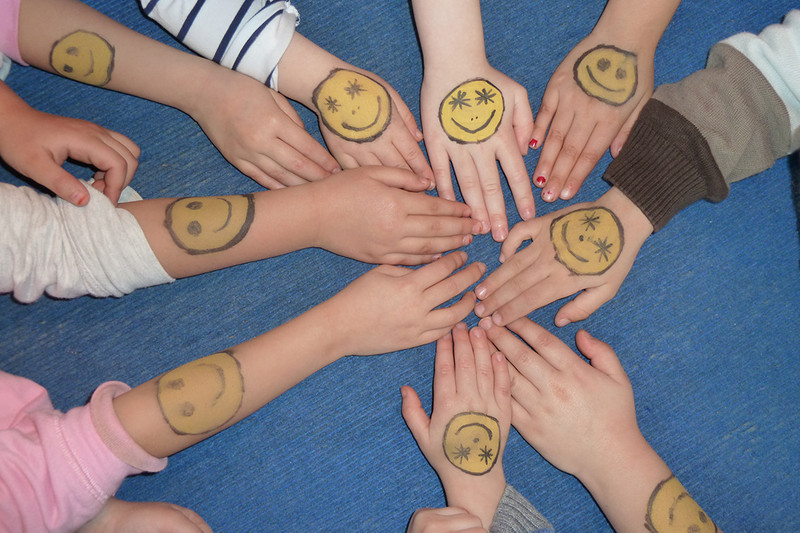Empowered Children, sensitized Adults: Protection from sexualized Violence for Girls and Boys with Impairments

“In order to protect children and young people from sexualized violence and abuse, what society needs is informed adults, who can keep an eye on the situation“, comments Barbara David. The Director of the specialist counseling center Violetta, founded in 1989, has, in Hanover and the surrounding area, been dedicated to the cause of ensuring that children are raised in an environment that is free of physical harm and discrimination for around three decades. Though her many years of professional practice, the social worker knows that in particular children and young people with physical and/or cognitive impairments are increasingly facing sexualized violence. This experience has also been corroborated by numerous surveys. The need for preventive measures for the special needs of this target group is accordingly high, she points out.
“There is a host of reasons why they are so vulnerable”, states Kerstin Kremer, team member at Violetta. “On the one hand, the boys and girls affected are in many cases reliant upon assistance and care in everyday life – whether in the family or in an institutional context.” Perpetrators likewise take advantage of this proximity and having the upper hand, just as they leverage the frequently quite limited capacity of their counterparts to voice concerns or defend themselves verbally. On the other hand, according to Ms. Kremer, the experience of having to have others look after them can lead to children with a requirement for assistance failing to develop a well-balanced body feeling, and therefore not being able to grasp „physical trespass”, viz. limits being transcended, as just that. In this context, the association from Lower Saxony attends to empowering these children and young people by way of a preventive program. With the aid of teaching and working materials, which build upon existing knowledge and experience in a manner appropriate to the age group concerned, the boys and girls come to terms with their bodies, their own boundaries and those of others, and the topic of sexuality in general. This helps to foster in them self-awareness, also giving them the necessary confidence to express their concerns.
A further essential component of the prevention project set up for a total of three years is providing some 450 qualified staff in the area with training. These include adult attachment figures, who, for example, supervise the boys and girls with impairments in residential groups, at special needs day-time centers or also at special needs schools and day-care facilities for children offering curative education. Locally, the specialist counseling center Violetta supports the collaborating institutions in creating and introducing comprehensive concepts for protection. At the same time, staff have their awareness raised in regard to handling the children and young people entrusted to their care respectfully, and adhering to limits. In this way, the specialist staff increasingly gain practical competence in handling the children and learn to better assess when limits have been transcended, as well as identify emotional and physical violence. “With the eligibility to independently continue the preventive program, concepts aimed at protecting children can be firmly anchored in these institutions”, comments Silvia Eller, emphasizing the sustainability of the project co-funded by Software AG – Foundation (SAGST). “This is how“, adds the staff member responsible for the project at SAGST, “more children and young people, with or without an impairment, can actually be reached in the long run, thus protecting them from being victimized.”
What role comprehensive training plays in regard to sexualized violence in institutions for children and young people can likewise be seen from the conversation with Jan Schweinsberg. In the interview with SAGST, the Qualified Psychologist (holding an academic Diploma/Master of Education in Psychology) talks about working with under-age perpetrators at the Blaufeuer Specialist Supervisory Center, explaining why it is so essential to take action and be aware of the issue at an early stage.
